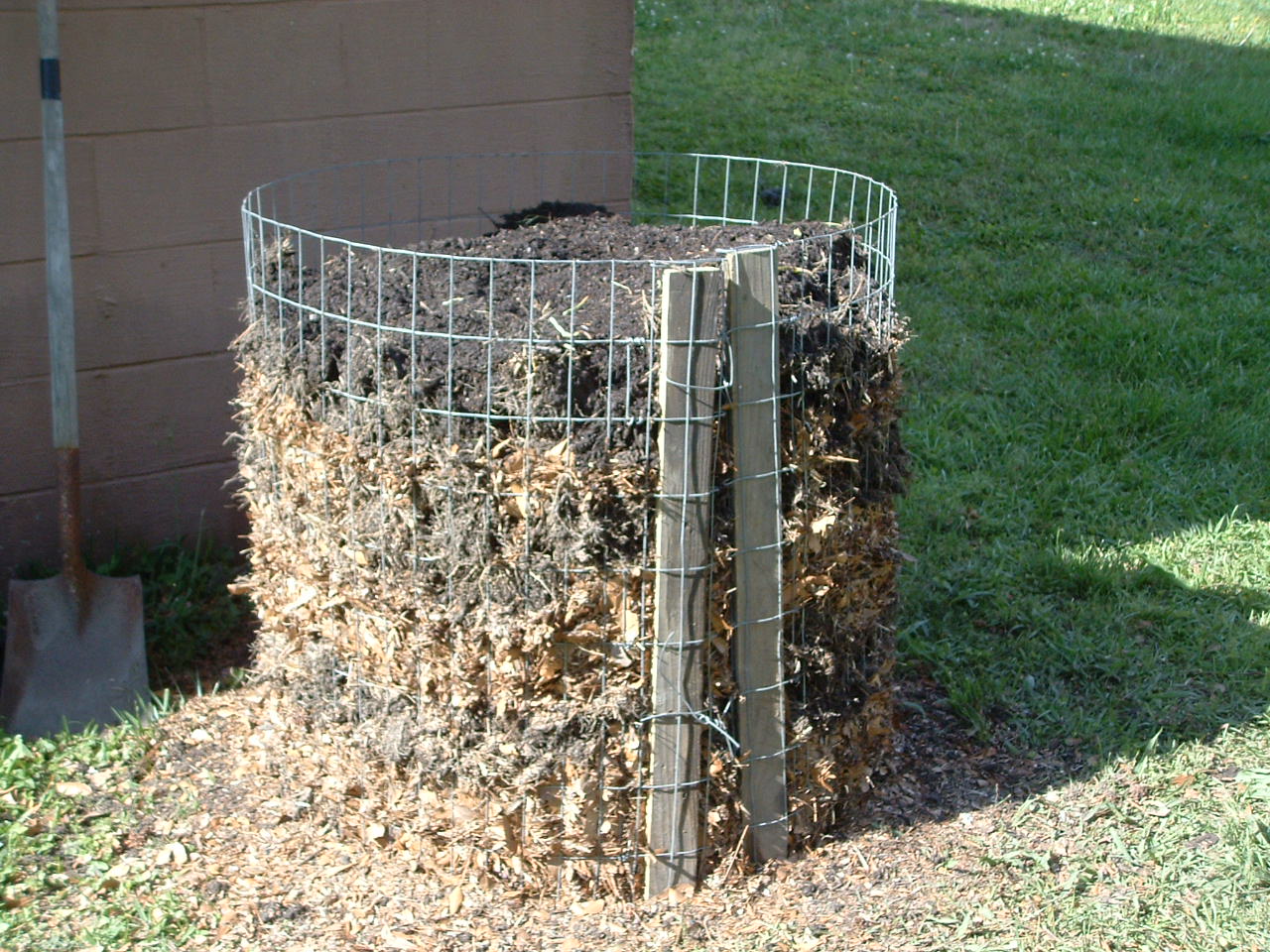Let’s Get Composting
go.ncsu.edu/readext?776951
en Español / em Português
El inglés es el idioma de control de esta página. En la medida en que haya algún conflicto entre la traducción al inglés y la traducción, el inglés prevalece.
Al hacer clic en el enlace de traducción se activa un servicio de traducción gratuito para convertir la página al español. Al igual que con cualquier traducción por Internet, la conversión no es sensible al contexto y puede que no traduzca el texto en su significado original. NC State Extension no garantiza la exactitud del texto traducido. Por favor, tenga en cuenta que algunas aplicaciones y/o servicios pueden no funcionar como se espera cuando se traducen.
Português
Inglês é o idioma de controle desta página. Na medida que haja algum conflito entre o texto original em Inglês e a tradução, o Inglês prevalece.
Ao clicar no link de tradução, um serviço gratuito de tradução será ativado para converter a página para o Português. Como em qualquer tradução pela internet, a conversão não é sensivel ao contexto e pode não ocorrer a tradução para o significado orginal. O serviço de Extensão da Carolina do Norte (NC State Extension) não garante a exatidão do texto traduzido. Por favor, observe que algumas funções ou serviços podem não funcionar como esperado após a tradução.
English
English is the controlling language of this page. To the extent there is any conflict between the English text and the translation, English controls.
Clicking on the translation link activates a free translation service to convert the page to Spanish. As with any Internet translation, the conversion is not context-sensitive and may not translate the text to its original meaning. NC State Extension does not guarantee the accuracy of the translated text. Please note that some applications and/or services may not function as expected when translated.
Collapse ▲
Chilly days make you think of hearty soup and cozy blankets, it is also the best time to start thinking about the garden. I start thinking of getting back in
the garden the second the new year starts. I dream about daffodils, and tulips, and cherry blossoms. The tulips and daffodils have all been planted last fall but that doesn’t mean we can’t help them along with some compost.
You may be asking what composting does for a garden. Well, adding compost can benefit your flower or vegetable garden in many ways. Some of the many benefits of composting include: improving soil health & fertility, increasing the nutrient content of soils, promoting higher yields of crops, making soil easier to work, suppressing plant diseases & pests, possibly reducing the need for fertilizers, fungicides & pesticides; as well as encouraging healthy root systems.
Now you can get compost from your local store, or you can create your own compost station in your backyard. Composting is an easy process once you’ve learned what can and cannot be composted. It also requires very few tools to get started. Backyard composting also happens to be a great project to get young kids involved in.
What do you need to get started? First you need an out of the way spot in your yard, preferably shaded. If your yard isn’t fenced you might consider blocking your compost site off with chicken wire or a wooden fence to keep pets and curious creatures out. Then you need a rake, work gloves, buckets, hose or watering can, and compostable material.
Knowing what is compostable material can be tricky when you are getting started. Here’s a few things to keep in mind: leaves, grass clippings, vegetable ends from your kitchen, newspapers, paper towels, cotton balls, paper plates, and dryer lint can all be safely added to a compost pile. When it comes to composting animal waste, there’s a simple rule to follow: If it likes to eat meat leave it out. Vegetarian animal waste, like rabbits, can be safely composted; however, it is always best to be overly cautious when considering working with animal waste.
If you’re still unsure, you’re in luck. We will be producing a series of videos to help kids start 4-H Projects at home. Our first video will be on how 4-Her’s can set up their own compost site at home. Get yourself some work gloves and a rake and join us.
If you are interested in building a fence or protective crate for your compost site a list of materials needed to complete your fence will be posted on our website. Once you have those materials you can follow along with our video to build, and fill your compost bin. This is a great project for young 4-Hers with supervision, but it can also be fun for grownups. Anyone who is interested in participating can check out our videos.
If you want to register or know more about our Spring Fun Programs or the 4-H Program in Pamlico County contact Kait Neeland at (252) 745-4121, kait_neeland@ncsu.edu, or check us out online at pamlico.ces.ncsu.edu. Don’t forget to register, spaces will fill up!!



